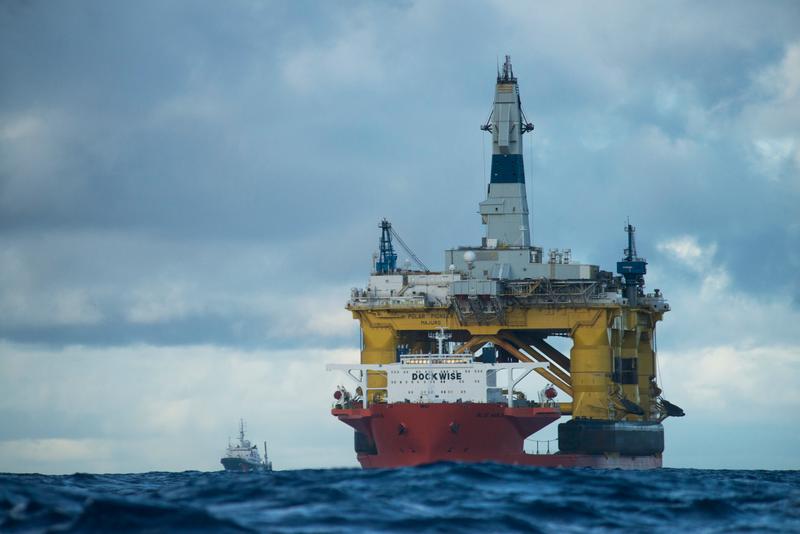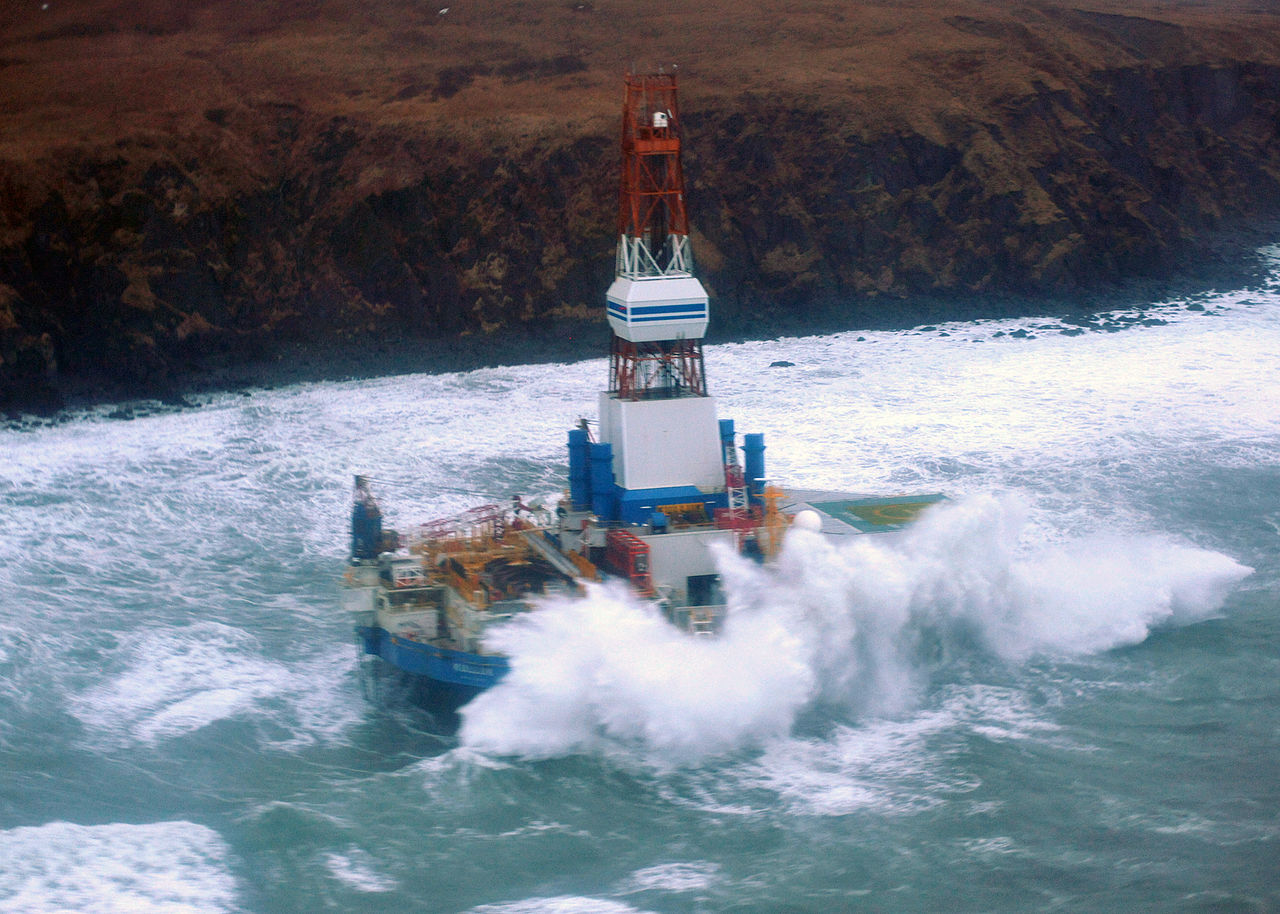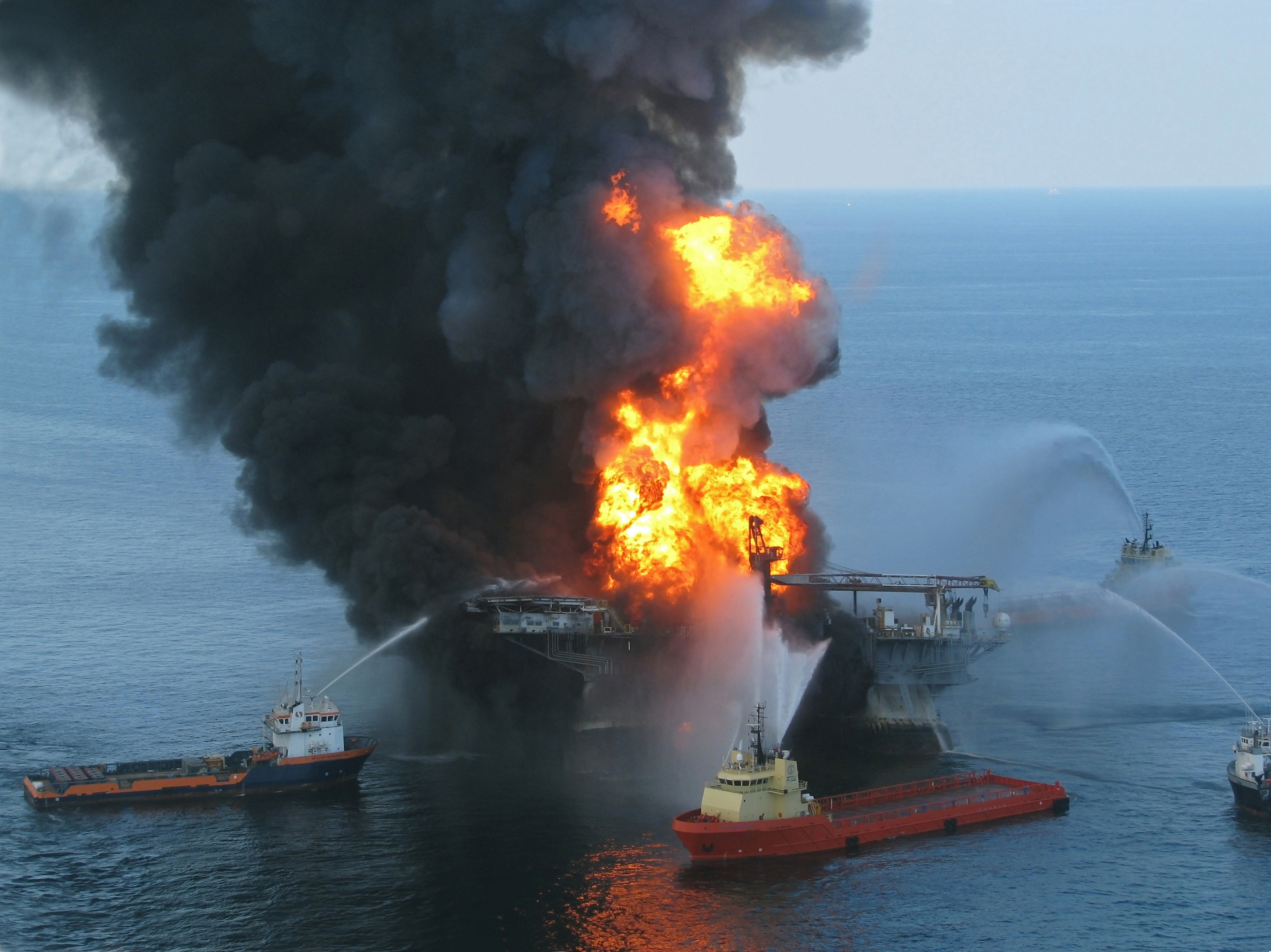Shell a step closer to US government go-ahead on Arctic drilling plans

Shell – and other oil companies – are one step closer to drilling in the Arctic as the US government has upheld the lease to sell oil and gas drilling rights in the Chukchi Sea.
The US government’s Department of the Interior has issued a ‘record of decision’ of the lease sale, a move that allows the authorities to deem Shell’s exploration plan for the sea off Alaska’s Arctic western coast submitted.
Interior secretary Sally Jewell said “The Arctic is an important component of the Administration’s national energy strategy” and Obama’s government is committed to “a thoughtful and balanced approach” to exploiting oil and gas off the coast of Alaska.
The news followed a US Department of Energy report published earlier this week that urged the use of Arctic oil to take the place of oil from fracking, which it says is on the way out.
Following the Interior Department’s decision, could be up to 30 days for Shell to get the final go ahead on its plans to drill this summer in the Arctic from the US government’s Bureau of Ocean Energy Management (BOEM) – a major hurdle Shell needs to clear.
There are also host of other barriers to overcome, including getting drilling permits and authorisations to ‘harass’ protected wildlife.
Despite this, Shell has already begun moving its Arctic drilling rigs from Asian shipyards towards Seattle port, which it could plan to use as a launch pad for its drilling off the coast of Alaska.
Shell is the only oil giant that currently both has licences in the Chukchi Sea and intends to drill there this summer, after attempted exploratory drilling there in 2012.
Read more:
- Oil price drop increases risk of offshore oil drilling disasters, expert says
- How did the UCL unburnable carbon study rule out Arctic drilling?
- Port of Seattle sued over signing deal to let Shell’s Arctic drilling fleet stay there
This comes as Shell’s contractor, Foss Maritime, looks likely to be engaged in a legal battle over using Seattle port.
A judge has recently agreed to hear the lawsuit brought by US environmental groups arguing that leasing the port terminal to Shell will be in contravention of the state’s environmental laws.
A previous case brought by US green groups succeeded in delaying Shell’s Arctic drilling plans.
Shell’s Arctic drilling was suspended in early 2013 following the grounding of the Kulluk oil drilling rig but the firm couldn’t drill in 2014 as a result of a legal challenge over the figures for oil extraction BOEM’s environmental impact statement.

The final environmental impact statement for drilling in the Chukchi Sea, published in February, quadrupled the original amount of oil expected to be produced. It also upgraded its assessment of the risk of oil spills in the sea – to at least a 75% chance of at least one large spill releasing over 1,000 barrels of oil in the sensitive marine and coastal environment over 77-years.
Scientists told Time that oil from Exxon Valdez oil spill, which happened 26 years ago, still lingers on Alaskan beaches.
Meanwhile, an engineering professor and expert on Deepwater Horizon, Robert Bea, warned the low oil price could increase the risk of environmental accidents in offshore drilling by forcing contractors to cut costs.
Cost-cutting risk
Major ocean drilling contractors have been put under pressure by the falling oil price, which has reduced demand for their rigs from oil giants such as Shell and BP – who are also squeezing their exploration costs.
Shell recently told investors that to “preserve Shell’s financial flexibility” there were opportunities to cut costs, including in their supply chain.
Two leading contractors – Transocean, which is the world’s largest offshore drilling operator, and Noble Corp – are providing the Noble Discoverer and the Polar Pioneer drilling rigs for Shell’s intended Arctic drilling forays off the coast of Alaska this summer.
Both of the firms have had previous safety issues. A US federal judge ruled that Transocean was 30% to blame for the negligence that caused the 2010 DeepWater Horizon oil spill, which was about 20 times bigger than the Exxon Valdez.

A White House oil commission concluded the disaster in the Gulf of Mexico was caused partly by a series of cost-cutting decisions made by BP, Transocean and Halliburton.
Late last year Noble Corp – whose main client is Shell – paid $12.2 million to settle felony charges brought by the US government related to environmental and safety violations on vessels in the Arctic while working for Shell in 2012.
“This unique, sensitive and often challenging environment requires effective oversight to ensure all activities are conducted safely and responsibly,” Jewell said.
Climate change risk
The Arctic is estimated to hold 13% of the world’s undiscovered oil and 30% of undiscovered gas.
A paper published in Nature early this year completely ruled out drilling for oil and gas in the Arctic if we are to stay within 2 degrees of global warming over pre-industrial levels – the internationally-agreed threshold for catastrophic climate change.
Following pressure from its shareholders, Shell has recently agreed to test whether its business model is compatible with limiting global warming to 2C.
But Shell has so far spent around $6 billion since 2005 with the view to exploiting Arctic oil – though the firm hasn’t successfully managed to complete an exploration well in the Arctic off the coast of Alaska’s Chukchi and Beaufort seas.

